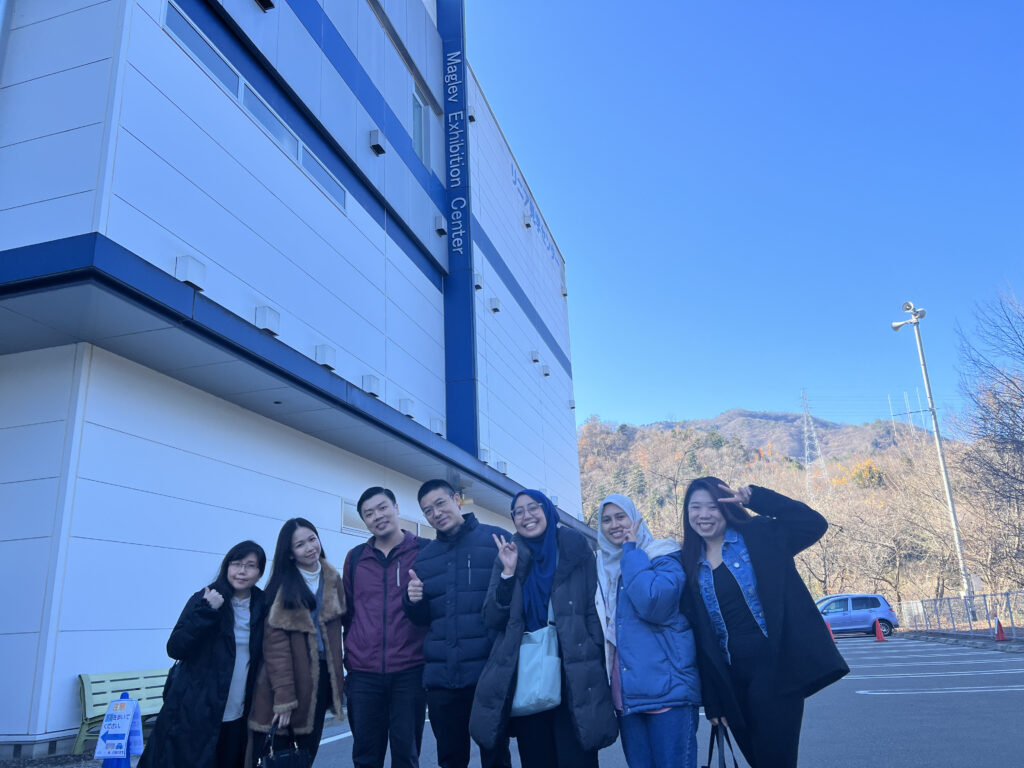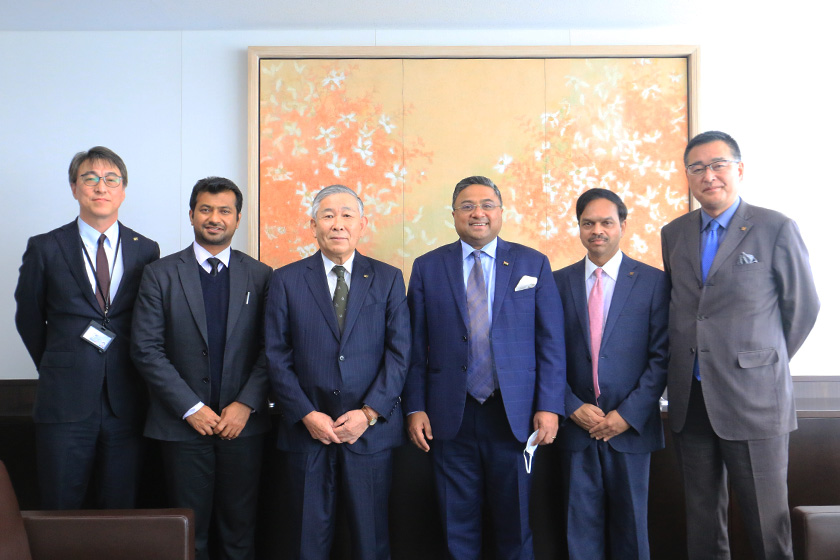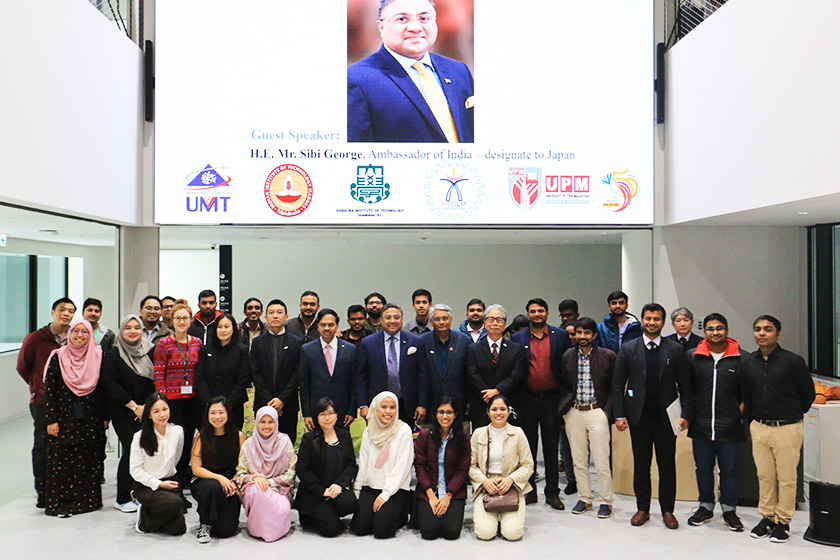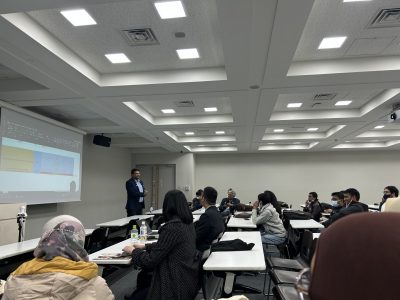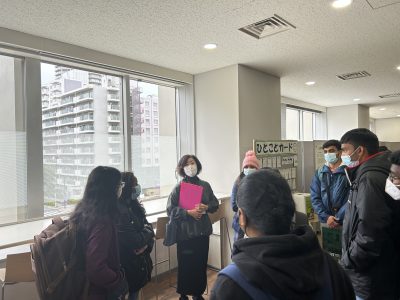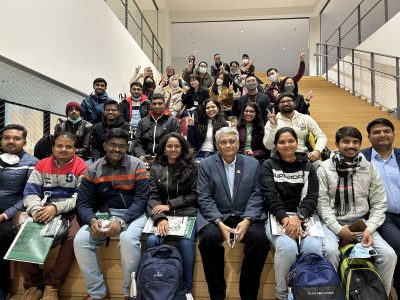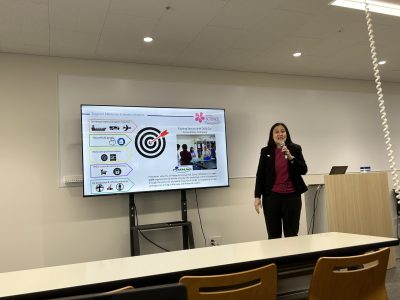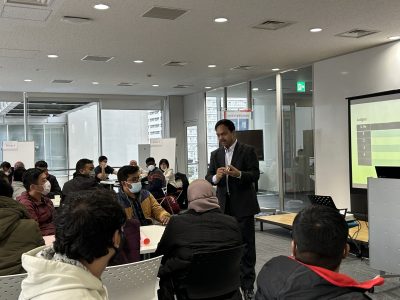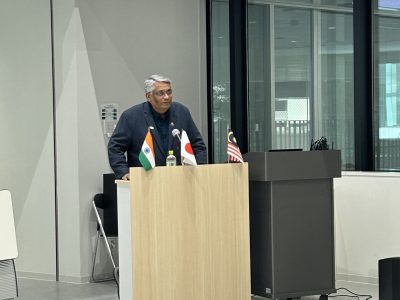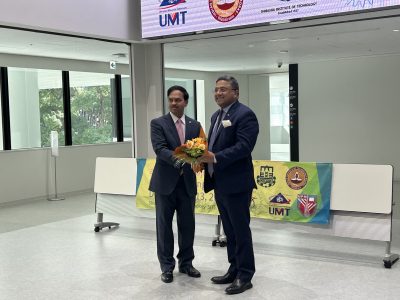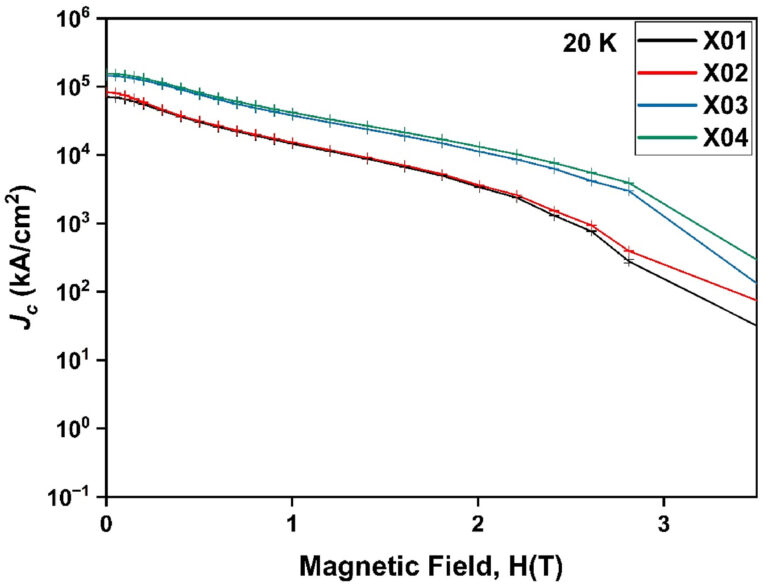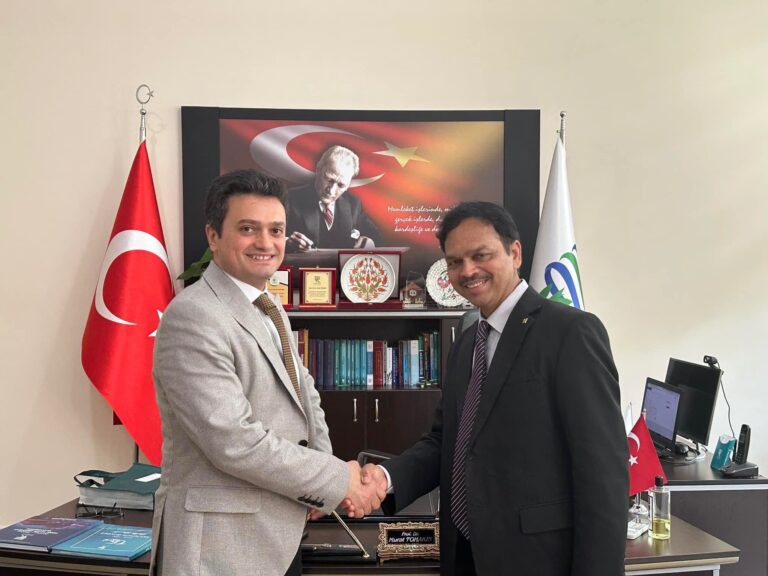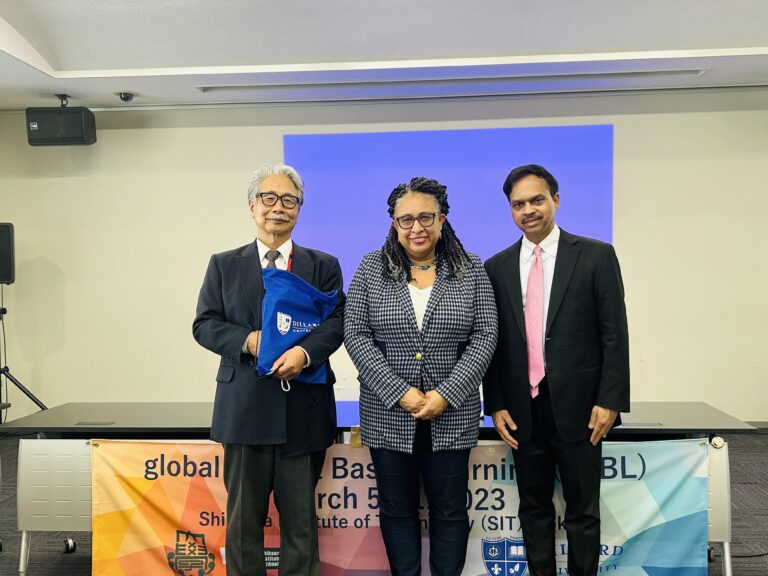
The first advanced project-based learning (aPBL) 2022 post-Covid-19 restrictions was held in the face-to-face mode at Shibaura Institute of Technology, Japan from 4-12th December 2022. The aPBL program focuses on active learning and collaborations with international universities. The objective of the program is to:
• Create an active learning environment for national and international students through technology sharing and guidance from professors having expertise in various research areas.
• The aim is to publish multiple Journal articles in collaboration with international universities to facilitate the ranking process of Shibaura Institute of Technology.
In this edition of aPBL, the participating universities were the Indian Institute of Technology, Madras (IITM), Indian Institute of Information Technology, Design and Manufacturing (IIITDM), Universiti Putra Malaysia (UPM) and Universiti Malaysia Terengganu (UMT). In this aPBL program, the partner university students were given an opportunity to use the equipment available at TechnoPlaza (SIT) to perform various experiments and characterizations for journal publications. The planning and operations of the equipment were performed by the technical assistants from the Shibaura Institute of Technology.

The presentation started with a brief introduction to IIT, Madras campus and the history of the institution. He emphasized on the importance of Material research for energy technology development. Further elaborating on the ongoing projects and start-ups managed by the IITM, Prof. M. S. Ramachandra Rao explained how IITM has established itself as a technology hub and dream place for entrepreneurs. On the technical aspect, Prof, M. S. Ramachandra Rao described the importance of controlling defects in material and associated problems. He then presented the ongoing work on Diamond and highlighted the versatility of the material.

Prof Soo Kien Chen gave a short introduction to UPM and talked about the history of superconductivity, and current progress in the field. Followed by the presentation, Q&A/ discussion session, different usage of superconductors and the possibility of room temperature superconductors were discussed.

A workshop was organized during aPBL at GLC Toyosu campus on the title SDG13 (Climate Action: Materials for Applications). All the participants were divided into 5 random groups and were given in about 2 hours to prepare an idea of material applications for climate control. The workshop session was Judged by Prof. Prof Soo Kien Chen (UPM), Prof. Tejendra Dixit (IIITDM), Prof. Oon Jew Lee (UTM) and Prof Alicia Krykowitz (SIT). All the participants were given a participation certificate along with prizes for the top 2 groups with the best ideas.

